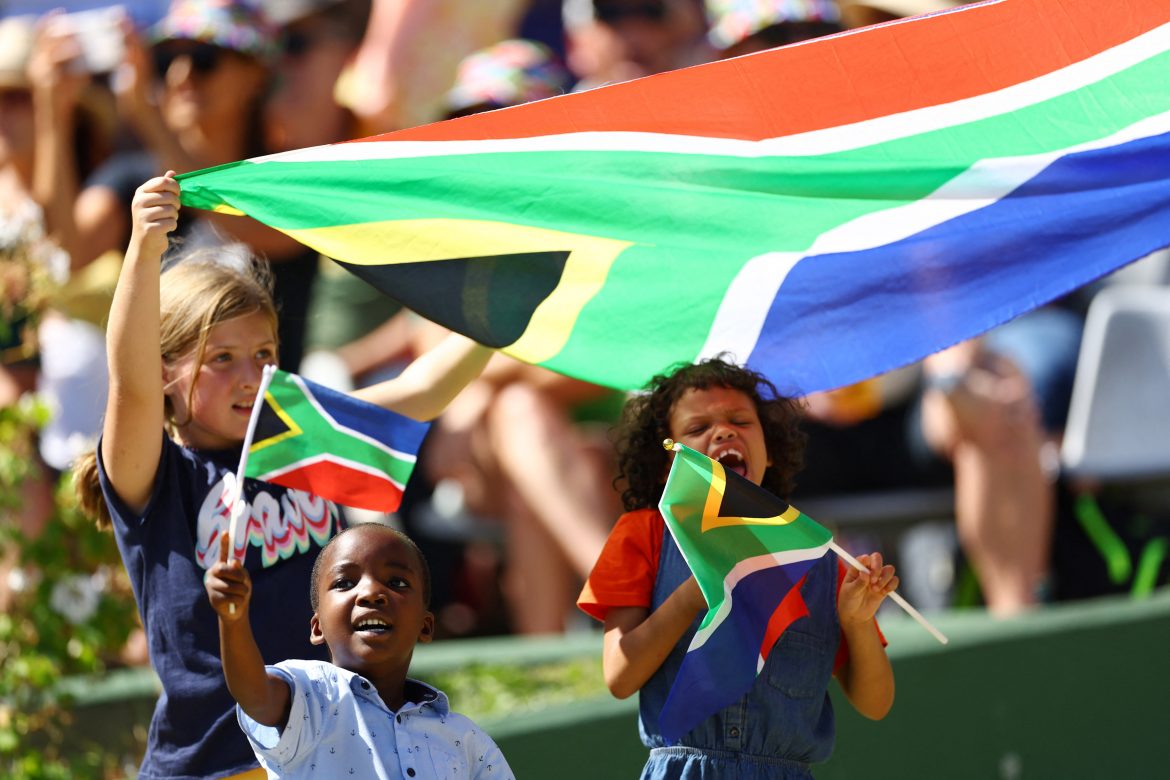On my way to work this morning, my Uber driver asked which holiday tomorrow will be. He’s not South African, so I was lenient in my response. I told him it’s Freedom Day, to which he vehemently responded with, “Oh, the day we watch Sarafina!” I chuckled and said, “No, that’s Youth Day, but same same.”
However inaccurate, that didn’t stop me from having Leleti Khumalo’s voice ringing in my ear, singing: “Freedom is Coming Tomorrow”.
On Freedom Day, much like on election day, I give the same speech to my friends and family: too many heroes and heroines have shed blood and died for this day for us to be blasé about it.
While we may not be where we want to be as a country, at least we’re not where we used to be.
Here are some of the freedoms that we enjoy as a result of the 27th of April 1994.
South Africans enjoy non-racial democratic elections
While there may be various factors contributing to the how and why people vote the way that they do, race is no longer a factor that excludes some of us from the process.
After more than three hundred years of colonialism, segregation and minority rule, we have the opportunity to be part of what defines South Africa as a democratic nation.
The Constitution: the supreme law of our land
Many developed nations look to the South African constitution as a benchmark for inclusion. It is considered among the most progressive Constitutions in the world.
This year is the 27th anniversary of the enactment of the Constitution as the supreme law of our land.
In his tenure as Minister of Economic Development, Ebrahim Patel said, “The Constitution belongs in the townships, not in a museum. It is a living document, a source of oxygen for the society.”
Edward Shalala, Director of the Centre for Constitutional Values said that at the time when the South African Constitution was established, many of the provisions that were made were unprecedented on a global level.
“The South African Constitution contained a number of rights, obligations and provisions that were unprecedented, either because they were being included in a constitution for the first time or because they went further than had been the norm,” said Shalala.
The release of political prisoners and the return of exiles
Many freedom fighters who were on the frontline fighting against the Apartheid regime were imprisoned due to their political opposition against the minority rule and several South Africans fled into exile in fear of their lives, resulting in the estrangement of politically active family members.
As the Constitution made provisions for political freedom, every person in South Africa has the right to make political choices and engage politically. This meant that exiled family members could return and political prisoners could be released, leading to the restoration and reunion of families.
Lest we forget
It’s easy to get caught up in the trials of today that we forget the victories of yesterday.
Today, as a woman of colour that just about entered her 30s, I don’t know a life without the freedoms that I have been afforded as a result of the fights that were fought to get us here.
Perhaps that was the dream of those who came before us – that we didn’t have to fight so hard to simply exist.
I can wake up on a sunny day in Cape Town and choose which beach I’d like to soak up the sun at. I can take a walk through the city centre and if need be, I can take a break on whichever bench is closest to me. I can mix and mingle with whomever I feel drawn to, without my choice being a crime.
29 years on, particularly on a day like Freedom Day, in keeping with the spirit of Ubuntu, let us remember those who have paved the way and remember the words of the late, great Tata:
“Our hearts beat as one, as we renew our common loyalty to our country and our commitment to its future.”
– Nelson Mandela
ALSO READ:
“Morning brings good news” for SA’s Lee-Ann Olwage winner of Sony World Photography Award 2023
Feature Image: Reuters

